Solar Energy
Square wave inverter: what you need to know
The most important classification of inverter types relates to the type of AC waveform they provide at the output. Let’s start with everything you need to know about the square wave inverter.
This classification is fundamental in the solar energy system, as it defines the operation of the equipment connected to them.
We invite you to read the content we have for you on energydcac in our categories of Solar Energy and DC/AC Power Systems. You will find them very interesting!
Next, we will explain its main characteristics and common uses, following the criteria of providing a simple explanation with minimal technical jargon. Let’s get started!
First: what is an inverter?
This is a device that converts DC (Direct Current) energy into AC (Alternating Current) energy. It has multiple applications, with one of the most well-known being in solar power systems.
The operation is as follows: solar panels produce DC electricity, and then the inverter converts it into AC electricity, as shown in the following image.
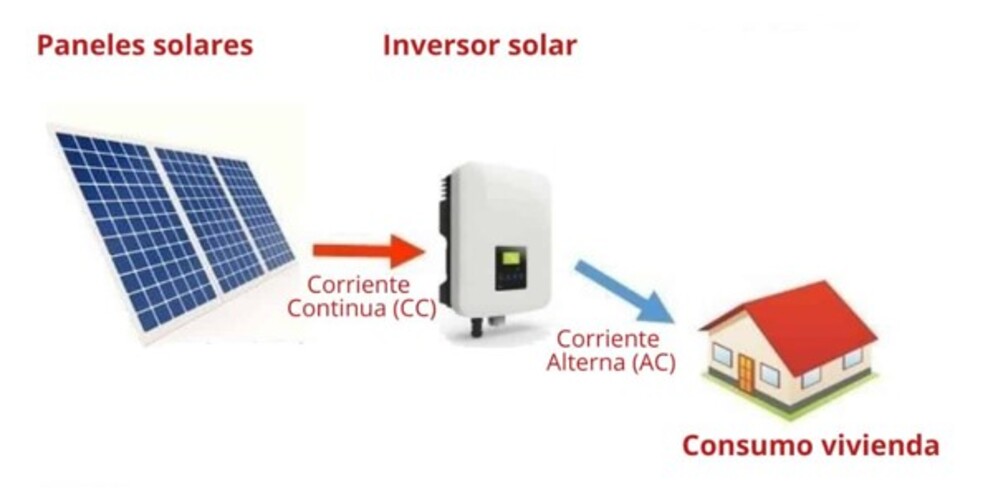
Similarly, the DC current can also come from batteries, although for a solar energy inverter, the source is indifferent.
Furthermore, the DC input current has a linear waveform, while the output waveform is alternating, as shown below.
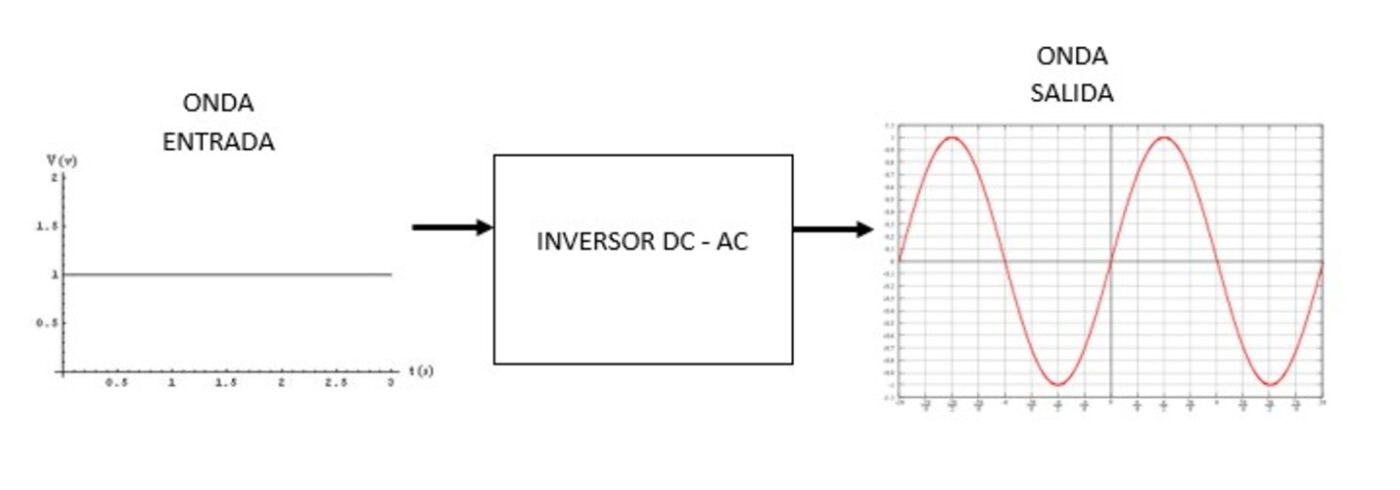
As a fun fact, you might be wondering how to observe these waveforms. For that, you would need a special device called an oscilloscope.
Depending on the type and technology of the inverter, the output will have a particular waveform that characterizes it. Let’s take a look.
Square wave inverter
The square wave inverter is the simplest and most economical type of solar energy inverter. However, its use is limited to equipment where the quality of the energy is not a critical factor.
Therefore, they are generally used to power older, very robust, and analog circuitry equipment.
This is because due to its operating technology, its output has very abrupt changes between its maximum and minimum values, resembling a square wave. You can see it in the image below.
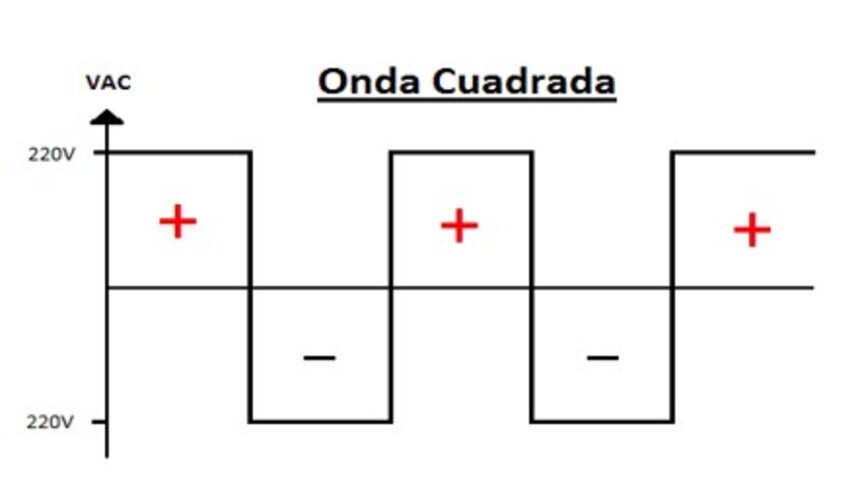
If you power loads with rotating elements like refrigerators, air conditioners, washing machines, and some with electronic circuitry, they can experience overheating and vibrations. These issues can damage them in the long run.
These problems with square wave inverters mean that not all devices are suitable to be powered by them.
Additionally, square wave inverters have very low efficiency. For example, if you want to power a TV that consumes 70 W, you would need a square wave inverter of around 150 W.
Next, we will present the most common applications of this equipment.
Uses of square wave inverter
- Lighting basic bulbs like incandescent and fluorescent bulbs
- Powering some construction equipment and analog electronic power tools
- Energizing appliances in recreational vehicles like campers and motorhomes
- Operating water pumps, especially in regions without conventional electricity
- Computers and small household appliances.
In fact, due to all its drawbacks, especially its low efficiency, this element is difficult to find commercially. So, if you plan to use it for your installation, you must take its limitations into account.
We will continue with this topic in our next article, Modified sine wave inverter: what you need to know where we will analyze this technology.
Did you find this information useful? If so, let us know in the comments and subscribe to stay updated with our latest updates.
Also, we invite you to read the content we’ve prepared for you at energydcac. You will find it very interesting!
Image sources
- sunsupplyco.com
- energydcac.com
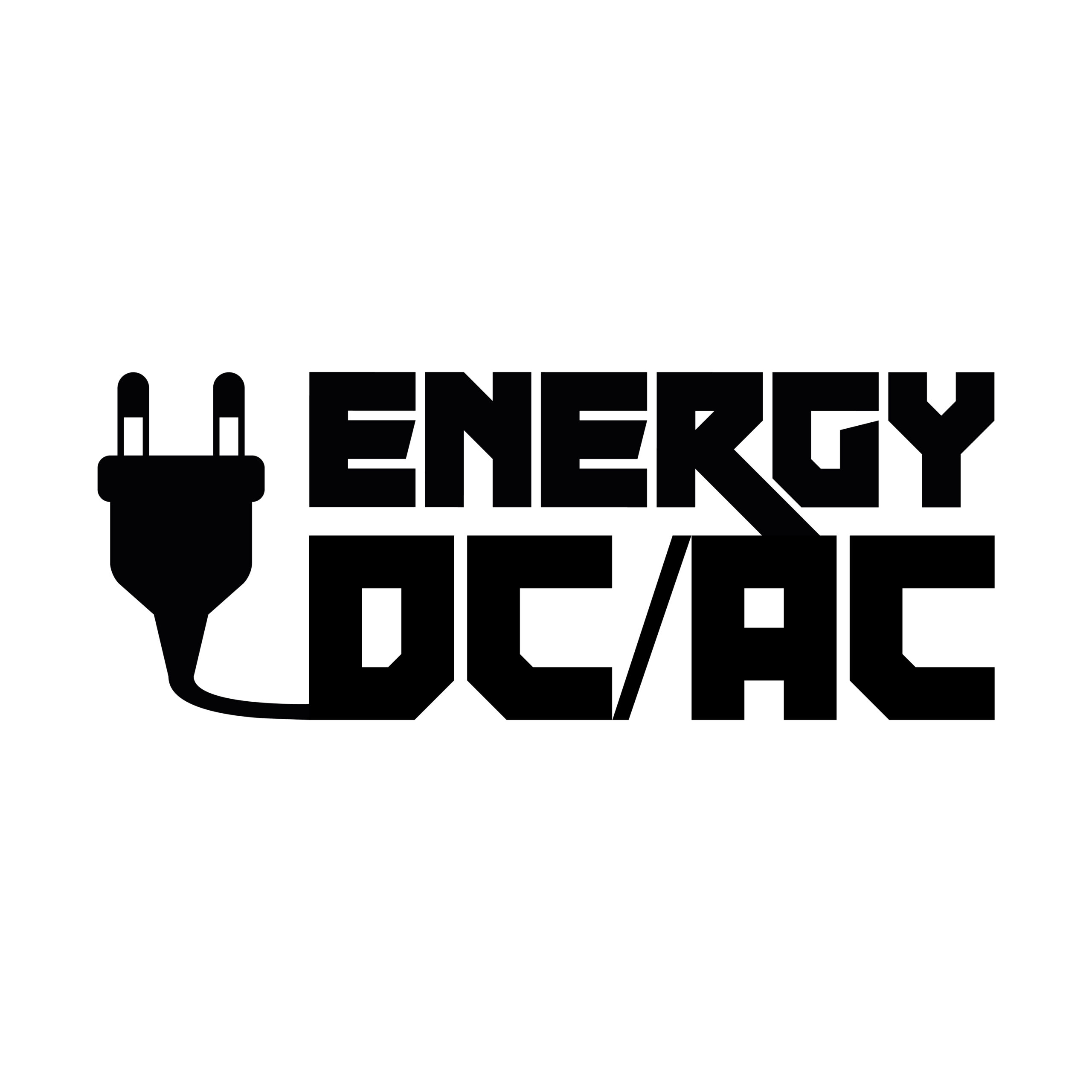
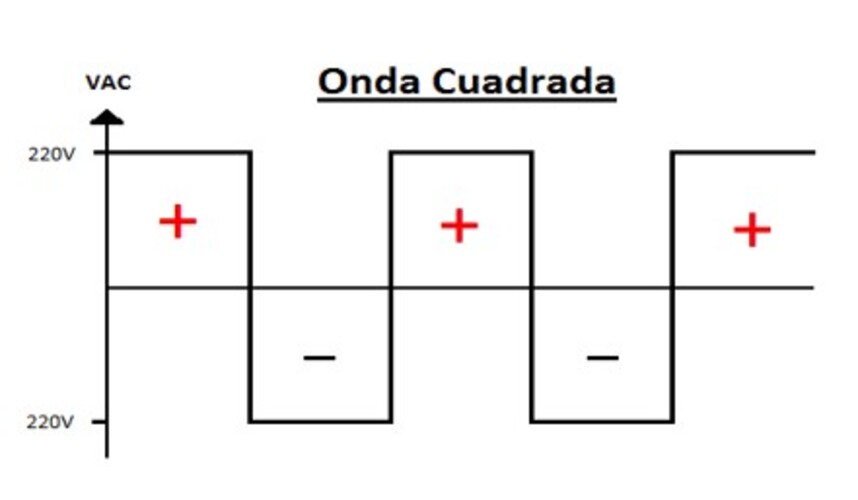
Pingback: Calculation of DC/AC Inverter Capacity for Non-Motor Loads - Energy DC/AC
Pingback: Inverter selection based on technology and connected loads - Energy DC/AC
Pingback: Types of electrical waves or signals - Energy DC/AC
Can you be more specific about the content of your article? After reading it, I still have some doubts. Hope you can help me.
Of course, we can help you! Just tell us your doubts, and we will respond to them as soon as possible. Thank you for reading us, and we are at your service to answer any questions.
Regards.
The energydcac team